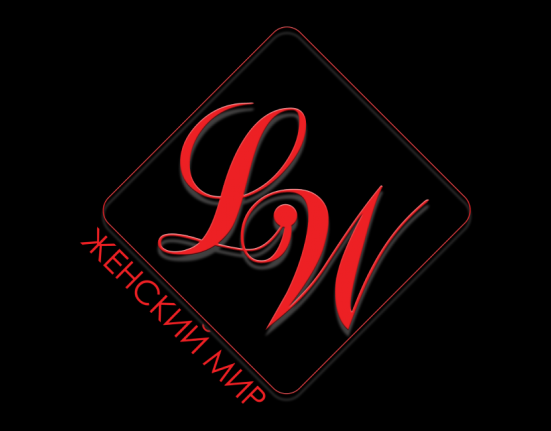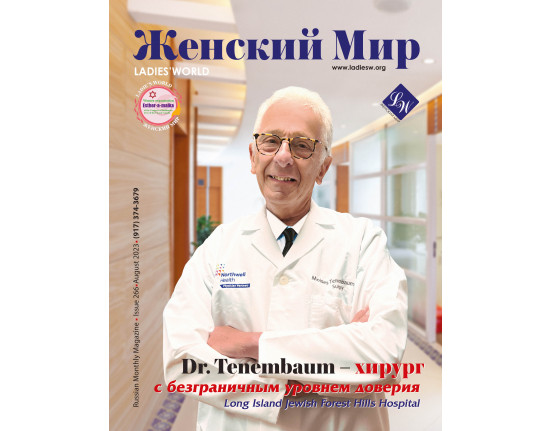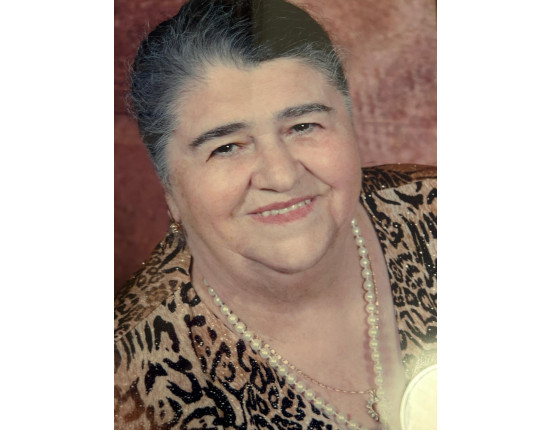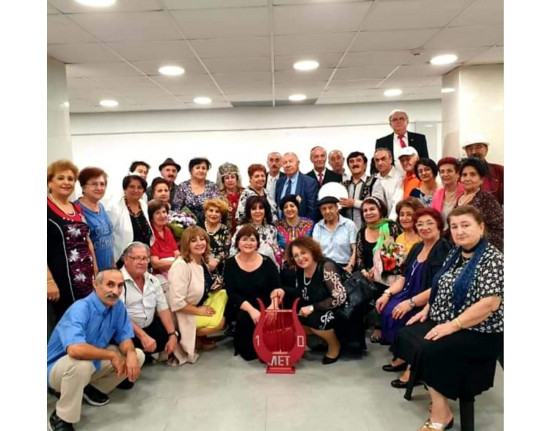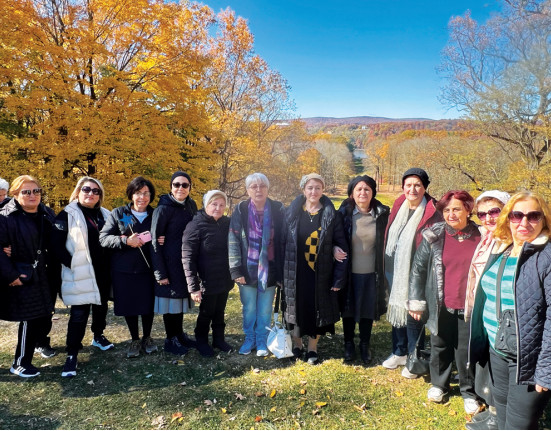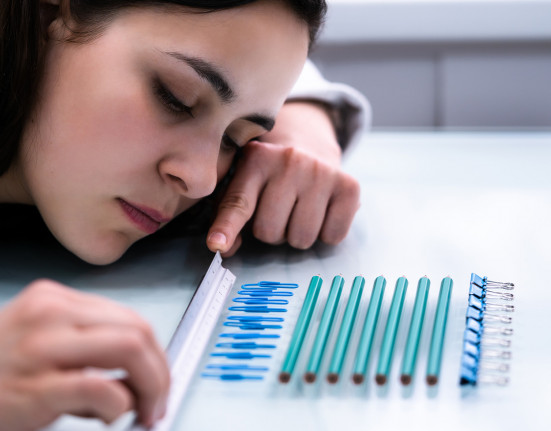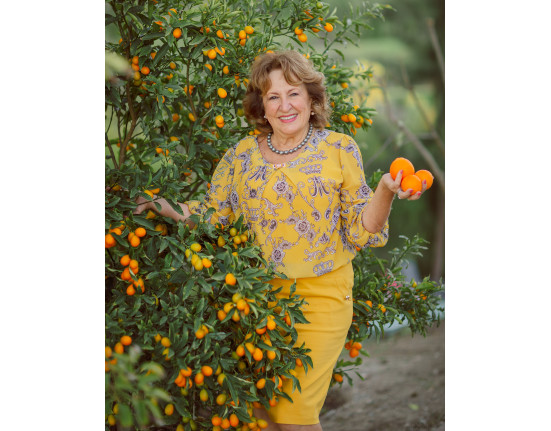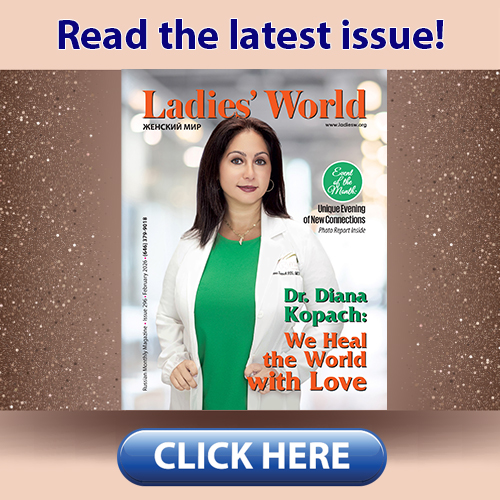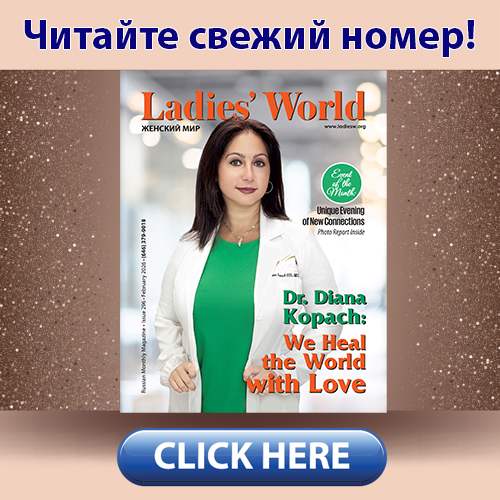Известно, что у
каждого из нас, кто эмигрировал из бывшего СССР и затем адаптировался в новой
стране, были трудности практически на всех этапах этого отрезка жизни. Начиная от самого главного
– принятия решения «уезжать/не уезжать», трудности получения разрешения на выезд,
сложности становления в новой стране и многое другое….
С момента моей эмиграции
прошло 32 года. Они поначалу были настолько непростыми, что мне хочется о них
забыть. Но сейчас, когда начала писать о
своей эмиграции и иммиграции, мне подумалось, что будет лучше, если я напишу о
том, как в этом непростом периоде времени происходили такие события и явления в
моей жизни, которые кроме как чудесами, ниспосланными Свыше, по-другому не
назовешь.
Начну с того, что мы
– я, мой ныне покойный муж Яков
Израилов-Ходжибеков и двое детей, жили в Душанбе, городе, где все было родным, где
мы жили благополучно, были самодостаточны и счастливы. Я имела высокую
должность старшего научного сотрудника в Институте гастроэнтерологии АН
Таджикистана, преподавала и читала лекции в медицинском институте на кафедре рентгено-радиологии,
защитила кандидатскую диссертацию в Москве, работала уже над докторской,
готовила двух аспирантов. Жаловаться было
не на что, кроме как на ухудшающееся здоровье супруга. Весной 1989 года он уехал к нашим друзьям в
Ригу, врачам, для уточнения диагноза с использованием компьютерной томографии
(чего еще долго не было в Душанбе). Настроение
мое было подавленным, временами даже невыносимым. И тогда случилось мое Первое Чудо. Еду я на своем «Жигуленке» с работы домой, на
сердце очень тяжело, и вдруг я слышу голос будто сверху «ЕХАТЬ НАДО». Он был мощным,
до боли на макушке головы, так, что я
даже остановилась, чтобы посмотреть, нет ли какого-либо отверстия в крыше машины. Тогда я подумала, что это, возможно, знамение,
и «ехать» имеется в виду «уезжать из страны».
Мистика? Возможно.
До этого времени мы никогда
серьезно не думали об эмиграции. Мои родители и семья моей сестры уже 10 лет
как эмигрировали в Израиль, и мы знали, как им тяжело далось там и как им
пришлось переехать в Вену (Австрия).
С тяжелым чувством и
непонятными для себя ощущениями я приехала домой, и этой же ночью случилось другое
ЧУДО – впервые за 10 лет после своего отъезда
из страны мне позвонил из Вены мой племянник Авик Бободустов. Его звонок был
поистине Чудом. Телефонная связь с другими странами в то далекое время была
довольно сложная, и потому его звонок был для меня неожиданным. Мы долго
говорили о житье-бытие по обе стороны границы, и когда Авик спросил, хотим ли
мы приехать в гости, у меня внезапно, как-то даже бессознательно, вырвалось – нет,
не в гости, а насовсем. Его удивлению не было предела. Он кричал в трубку: «Чего
вам и тебе лично не хватает? Ведь вам хорошо там! У вас же все есть! Согласен
ли твой муж?». Мне трудно было объяснить
ему, почему прошу визу на постоянное жительство. Это решение возникло во мне чисто интуитивно,
и я тогда ни на секунду не сомневалась в нем. Возможно, каким-то особым чутьем
я предвидела надвигающиеся большие социальные катаклизмы в стране, и,
действительно, через каких-то полгода-год после выезда в нашем когда-то тихом и
родном Душанбе начались беспорядки, перешедшие в длительную гражданскую войну. Это мое сиюминутное решение, тоже вероятнее всего
посланное Сверху, было моим еще одним ЧУДОМ, ускорившим нашу эмиграцию. Мой покойный супруг, вернувшись из Риги, долго
не соглашался с таким неожиданным для него моим решением, но потом, уже в
Америке, часто говорил: «У тебя богатейшая интуиция».
Наш путь в Америку был
долгим. Сначала была Вена – 1 месяц в доме моей сестры Нины Бободустовой. Потом
непростых 3 месяца обсервация в Италии. И только 23 марта 1990 года мы
оказались в Америке. Итальянский период не был для нашей семьи приятным, как
это было для многих наших знакомых: муж
часто болел, все время было холодно, даже в квартире, утомляло длительное
ожидание окончания неизвестности.
Но и первые дни в
Америке нам показались не лучшими. Наши душанбинские друзья, Уриел (ныне покойный) и Рена Аминовы, по любезному
и настойчивому приглашению которых мы и приехали в Америку, привезли нас в Квинс,
который своим убогим видом, особенно постройками, напоминающими бедные
заводские кварталы, не соответствовал нашему пониманию об Американской
мечте. Это настолько разочаровало наше
впечатление о «красивой и богатой Америке», что лично у меня началось состояние
близкое к депрессии. Я начала сомневаться в правильности своего решения эмигрировать.
Но всё скрашивалось невероятной заботой, теплотой и вниманием наших друзей. Они,
будучи новыми иммигрантами со всеми присущими им материальными трудностями,
целый месяц не просто содержали нас, но и приютили в своей двухкомнатной
квартире (по-американски – это один зал и одна спальня). Иметь таких друзей, я тоже
считаю посланием Сверху и нашим еще одним великим ЧУДОМ.
По законам Америки
через 5 лет после начала легальной иммиграции ты становишься её
гражданином. Поэтому остановлюсь именно
на этих 5 годах, которые проверяют тебя на прочность, умение справляться с
трудностями и добиваться поставленной цели. А цель моя заключалась в одном – стать американским врачом, и, как и раньше,
заниматься моей любимой рентгенологией (в Америке эта профессия называется диагностической
радиологией). К чести страны, здесь нас
поддерживала еврейская организация НАЯНА, и помогало само государство до момента,
когда я стала самостоятельно зарабатывать в резидентуре.
В этот пятилетний срок
мне пришлось «пройти огонь и воду». Моя
учеба для подтверждения диплома врача заняла ровно год – с июля 1990 года по июль 1991-го. Это было то время, когда кроме учебы не было
никакой другой жизни. Из дома уходила в 7 утра в специальную, так называемую
Каплановскую, библиотеку, чтобы ровно в 8 сесть за наши медицинские книги (а их
было по 10-12 толстенных для каждого экзамена), заниматься до 10 вечера (когда мы
уставали сидеть, ложились на пол) и
вернуться к семье в 11 ночи, когда дети уже спали. И так было 7 дней в неделю.
Благо, ими мог заниматься их папа, здоровье которого оставляло желать лучшего,
и потому я понимала, что на мне лежит большая ответственность за материальное
положение семьи в будущем. И вот тут у меня начались новые ЧУДЕСА. Каждый экзамен (а их было в то время четыре:
2 на подтверждение диплома врача и 2 на американскую лицензию) я сдавала с
первого раза. Это было невероятно! Многим
моим друзья понадобилось несколько лет, а некоторые даже бросили эту затею и
ушли в другую сферу деятельности. Как видно, в этом я была удачлива и все эти четыре
удачи (по одной на каждый экзамен) воспринимаю как ЧУДЕСА, ниспосланные
Всевышним.
А через несколько
месяцев, в декабре 1991 года, скончался мой муж, и начался новый этап в моей жизни.
В то время еще не было рядом наших родных, мы были первопроходцами. В этот
тяжелый период я ощутила невероятную поддержку и заботу о нашей семье не только
со стороны друзей, но и со всей общины бухарских евреев Нью-Йорка. Это явление я восприняла тоже как Чудо в моей
«шкатулке чудес иммиграции». Наш народ уникален в своем умении помогать ближним
в беде.
Всего через 20 дней после
трагических обстоятельств в моей жизни я неожиданно получила приглашение на
интервью для поступления в резидентуру. Меня сразу приняли! Это стало
поворотным пунктом в моей профессиональной карьере на американской земле. И как
это не считать моим очередным ЧУДОМ?!
Я начала
учиться/работать в резидентуре по терапии, которая хоть и была в радость и
давала средства для существования, но была исключительно тяжелой по своей нагрузке:
госпиталь далеко от дома, рабочий день с 7 утра до почти 7 вечера, дежурства через
каждые 2 суток. Своих детей-подростков видела только 2 раза в неделю и потому
нередко их любимый «оши сабо» готовила в другие дни недели, что веселило моих
друзей. Что касается непосредственного контроля за ними и воспитания, то на это
не было времени и все происходило в основном по телефону. Их так и называли в
шутку «телефонные дети». И то, что они выросли высокообразованными и
порядочными – это действительно ЧУДО.
Перспектива быть
терапевтом после резидентуры меня все равно не обнадеживала. Я очень хотела
вернуться к моей любимой рентгенологии. Но в то время в резидентуру по этой
специальности иностранцев не принимали. Да и возраст мой (46 лет) был большим
препятствием. Но… Опять случилось ЧУДО: внезапно все препятствия куда-то
исчезли, и я неожиданно получила в этом же госпитале место в резидентуре по
радиологии, в которой проучилась еще 5 лет. Моя мечта, наконец-то, воплотилась
в жизнь! Я стала американским радиологом-диагностом!
И еще одно ЧУДО,
тринадцатое, произошло со мной, правда, много позже. Кроме своей
профессиональной деятельности, я впервые в своей жизни начала заниматься
общественной работой и стала членом Конгресса бухарских евреев США &
Канады, президентом женской организации этого Конгресса и издателем общинного
журнала «Женский Мир».
Я всю свою жизнь
любила число 13, и так здорово, что все удивительное произошедшее со мной в этот
непростой период моей иммиграции уложилось в эти 13 ЧУДЕС.
Довольна ли я своей
жизнью в Америке? Да.
Если можно было бы
что-то изменить, я бы намного раньше эмигрировала, чтобы легче и быстрее «завоевать»
Америку.
К своему родному городу Душанбе питаю самые добрые чувства и желаю ему процветания и прогресса.
Доктор Зоя Максумова










